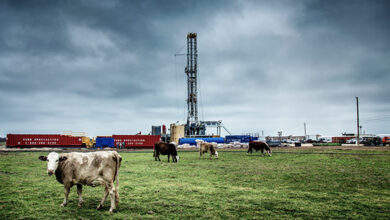Indonesia tax scheme raises concern
IADC has written the Indonesian director general of tax to urge the consistent application of Indonesia’s “deemed profits” regime for offshore drilling contractors. Over many years, IADC has worked with the Indonesian government to establish a reliable taxation system for its members operating in Indonesia. As recently as 2005, an IADC delegation went to Jakarta to update that regime, which was successfully completed.
A recent audit of an IADC member company raises concerns that regulatory authorities may not be observing settled agreements with IADC on the tax regime. IADC senior vice president – government affairs Brian Petty has written to support contractors’ position, emphasizing the importance of the long-standing agreement between IADC and the Tax Administration.
Working Time Directive appeal filed
IADC, as part of the joint industry employers group litigating on the application of the EU Working Time Directive on the UKCS, has filed an appeal to the findings of the Scottish Employment Tribunal. It says that the decision was based on the premise that, if time was not work or annual leave, it had to be a rest period, with annual leave and rest period being mutually exclusive under UK implementing regulations. The Directive, however, defines work and rest as mutually exclusive concepts of time; therefore, annual leave must be rest. Applied to the present circumstances, annual leave can be taken from field break. The appeal also notes that the Tribunal did not correctly interpret the issue of when leave could or had to be taken, which should be that all time off the installation, save for periods of training or other work, were leave.
Marine diesel engine rules released
The US EPA has released regulations aimed at reducing emissions of particulate matter and nitrogen oxides from marine diesel engines, including those on MODUs.
The new regulations:
• Require existing engines (1973 or later, through Tier 2), as they’re remanufactured, to have certified remanufacture systems installed on them once available, as early as this year.
• Set near-term (Tier 3) standards for newly built engines that reflect currently available emission reduction technologies; they phase in starting in 2009.
• Set long-term (Tier 4) standards for newly built engines that are based on the application of high-efficiency catalytic treatment technology. These standards will phase in beginning in 2014 and are dependent on the availability of ultra-low sulphur diesel. These regulations affect only US-flag vessels; standards for foreign vessels will be addressed in a future rulemaking.




